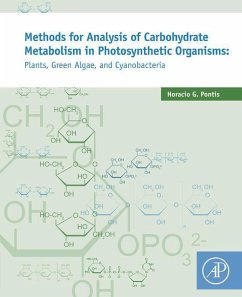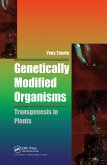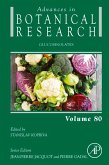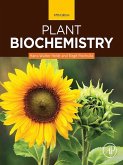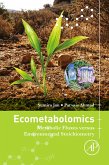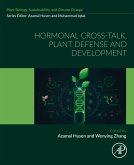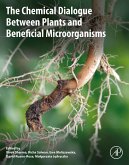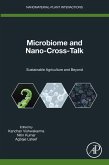The book contains useful protocols for researchers working on the determination of carbohydrate metabolism. The book provides foundational content as well as step-by-step guidance on how to design and conduct an experiment, including what other methodologies could be used if advanced instruments are not readily available.
- Includes a variety of analytical methods and how to apply the methods using examples from specific case studies
- Discusses technical information on how to characterize plant carbohydrates and sugar nucleosides
- Contains easy-to-follow protocols with detailed explanations for self-guidance
- Provides foundational content as well as step-by-step guidance on how to design and conduct an experiment
Dieser Download kann aus rechtlichen Gründen nur mit Rechnungsadresse in A, B, BG, CY, CZ, D, DK, EW, E, FIN, F, GR, HR, H, IRL, I, LT, L, LR, M, NL, PL, P, R, S, SLO, SK ausgeliefert werden.

